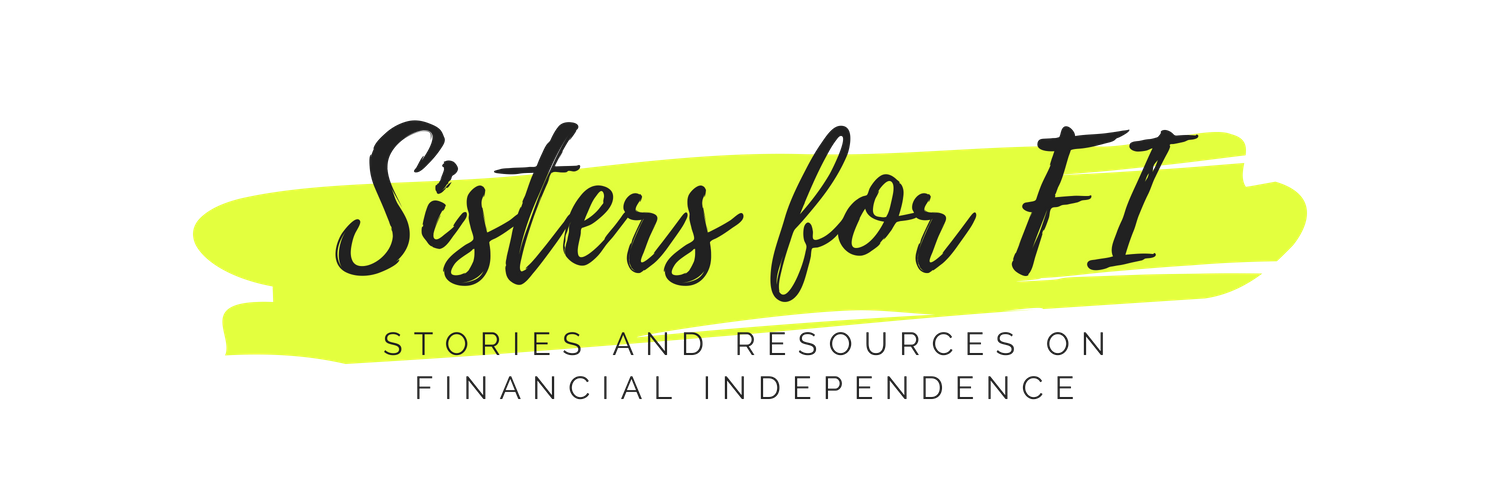The College Series: How to Get the Most out of the Library
A college library is often one of the most utilized, but also underutilized places on campus. You may find yourself spending countless hours studying for an exam, doing homework, or even sleeping, but what else can the library do for you?
This post is part of The College Series - posts to help you get the most of your college experience. If you are taking on debt and putting up your future earnings as collateral, you might as well take advantage of every resource available to you while you are in college.
Internet
We’re all glued to our phones, laptops, and tablets nowadays, but every once in a while sometimes a device breaks or we forget our charger at home. I can’t do my work without a computer. Computer labs and other workstations in libraries are a great fail safe for when you really need to use the computer. You can also reserve computers if you need to.
Printing & Scanning
Find out where you can print and scan documents. Sometimes printers can be found wherever, but they are definitely at least in the library. Sometimes you don’t have the room for a printer in your dorm room. Sometimes you don’t want to spend money on paper and ink. If going to the library isn’t a hassle, then using the printers there is a great option. Hopefully your school offers free black and white printing. If your school offers free color printing, then that’s even better. Libraries are also the go-to space for things like staplers, hole punchers, paper clips, paper cutters, and more.
Study Space
One of the most obvious ways to take advantage of the library is to use it as a study space. Some students prefer to study and do their work in their dorm room, but some like to hunker down in the library. For those who may get restless studying in one place, libraries are a change of scenery from the dorm room, and if you’re already in the library you can always move your seat somewhere else! Libraries also offer different kinds of studying areas, so whether you prefer to sit alone or group study, there’s usually an area for you to settle in. Some libraries will also offer study rooms, whether it’s for personal study use or for a group. They may come with screens you can connect your laptop to, whiteboards, and more.
Napping Space
I’ve definitely napped in the library before, intentionally and unintentionally. It’s just so quiet and calming sometimes. While I don’t recommend taking up space in the library during midterms or finals, they’re a pretty decent place to take a quick snooze. If you’re cramming for an exam and need a quick break, sure. If you’re a commuter and don’t have a dorm to go to (or your car is on the other side of campus), sure. Obviously be respectful of those around you and see how busy the library is. And if you snore, maybe don’t take this advice. :)
Physical & Digital Resources
You probably associate the library with borrowing books, settling down and studying, and using the computer or printer for a quick task, but have you ever looked into the kinds of resources your library offers? Your library probably offers much more than just books. It may have catalogs, magazines, zines, periodicals, journals, manuscripts, photograph collections, and maps. They could have CDs, DVDs, e-books, audio books, digital archives, maybe even image databases. As a college, your school will definitely offer some databases, like JSTOR, Ebsco, and Gale to help facilitate research papers. You may not think about it, but all these resources are free for your use, so take advantage of it! Some libraries may even offer free or discounted tickets to local attractions. Don’t discount libraries as just full of boring academia. You can probably find a lot of resources for your own personal interests.
If you’re an alumni, you can probably get an alumni card and still get access to your campus libraries if that’s of interest to you! This can be very helpful if you are studying for an advanced exam like the GMATs or GREs.
Librarians
Sometimes you can go to the library, look something up in their catalog, and get lost in the stacks. Maybe what you’re looking for isn’t there, maybe you’re not sure what other resources are available, maybe your research or studies have gotten you lost. Don’t be afraid to ask a librarian. They aren’t there just because they love books, but because they love hierarchies, organizing information, and the wealth of knowledge. You may not know this, but librarians typically require a degree. They may have received a degree or certification in Library and Information Science. Next time you feel unsure, don’t be afraid to ask a librarian!
Library Hours
Most academic buildings will probably close after a certain time (10pm for example), but colleges and universities often have their libraries close much later (12 or 1am). Students study late and you can surely take advantage of library hours. Their hours are helpful for when you need to cram, but they can also be helpful if you’re a night owl and your roommate isn’t. If it’s midterms or finals week, your library may even offer even later hours or be open 24/7.
Additional Programming
Libraries can also offer additional programming that can also be free! Sometimes libraries host book clubs, alumni panels, author panels, inclusion and diversity events, arts and culture activities, de-stressing events, and more. My university library even held small violin concerts throughout the semester as a means to decompress.
Other Campus Libraries
Depending on your school, your college may have a few different libraries on campus. There will typically be the main, shared library, and possibly smaller libraries that are more specific for cohorts/departments. Just because it isn’t your library, doesn’t mean you’re not allowed to browse what they have and see what resources are available.
For example, the library I went to during school was specific for the architecture and design students. Our collection was architecture and design focused, but we also had additional resources specific for us, like large format scanning and even a materials library. On the other side of campus was the main library that everyone used. It was much larger and offered different kinds of study rooms that “my” library didn’t.
The library is a fundamental part of your learning experience in college, so get familiar with your library and see what physical and digital resources are available to you. Learn what’s available, how to access them, and ultimately how you can take advantage of everything your library has for you.
Photo by Shunya Koide on Unsplash







